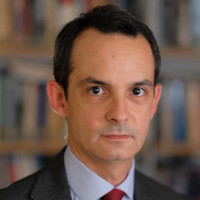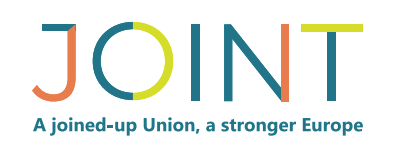
The European Union (EU) has awarded a Horizon 2020 grant of €3 million to a consortium of 14 research institutions, including the Fondation pour la recherche stratégique (FRS), with the aim of understanding and strengthening EU foreign and security policy in a complex and contested world. This project, called JOINT – Understanding and Strengthening EU Foreign & Security Policy in a Complex and Contested World, officially started on March 1, 2021, and will run until February 2024.
Challenges to EU foreign and security policy have been mounting in recent years. Systemic shifts such as the dwindling global engagement of the United States and the growing assertiveness of Russia and China have hampered the ability of the EU and its member states to shape multilateral rules and have compelled them to rethink their role along new patterns of multipolar interactions. The collapse or severe weakening of state authority and governance in the EU’s neighbourhood and beyond create interconnected challenges extending into policy areas outside the traditional remit of foreign and security policy. Meanwhile, the emergence of nationalist forces often espousing Eurosceptic views has complicated efforts to reach intra-EU consensus on international security matters.
Against this backdrop, JOINT, an interdisciplinary research project, combining research with public opinion analysis, innovative policymaker engagement and proactive public outreach, addresses the question: how to make EU foreign and security policy governance structures more joined-up and sustainable in a rapidly changing and contested international environment?
JOINT is coordinated by the Istituto Affari Internazionali (IAI) in Rome and involves a total of 14 partners from 12 different countries. In addition to FRS, partners include universities such as the Free University in Berlin, think tanks such as the Centre for European Policy Studies (CEPS) in Brussels and the Norwegian Institute for International Affairs (NUPI), and non-EU partners in Ethiopia, Indonesia, Turkey and Ukraine.



